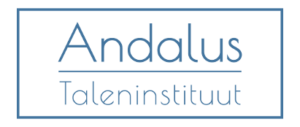How to be a Sign Terminology Interpreter
A sign dialect interpreter is an individual who can be fluent not only in two or more dialects but also interprets automatically between a primary source words and another target words and mediates across cultural boundaries. The interpreter’s task is to accomplish communication in an unbiased way, making sure same access to interaction and identical opportunity for phrase. Sign dialect interpreters are incredibly important in institutions like hospitals, institutions, businesses, conferences, and workshops because they can provide interpretation for people with headsets disabilities. In the same way as other styles of interpreting, communication between interpreters and their clients can be equally important. The process of interpreting begins with the application of specialized gear that enables the interpreter to hear the spoken words from the source vocabulary, navigate to this web-site and conveys these words to the interpreting subject.
To become a indication language interpreter, one must first result in a certificate software at a vocational school or technical college and pass a job interview to become a accredited interpreter. It is recommended to take basic nursing studies, as well as indication language studies, before choosing to go after a career while an interpreter. There are also a number of colleges and universities that offer intergovernmental programs meant for professionals such as interpreters. These programs are beneficial for specialists who want to strengthen their profession skills in this field by getting hands-on training in other different languages.
To become knowledgeable at interpretation in signal language, interpreting pros must be qualified to understand and interpret the entire body movements for the people they are really supposed to display to and from. Interpreters should also include good composing skills and an significant vocabulary, and also the knowledge of the correct consumption of facial movement and actions. Some of the most prevalent languages that interpreters has to be able to convert include Greek, Spanish, Chinese, Korean, Turner, German, Italian, Russian, and English. Signal language interpreters must have good communication expertise and be cozy communicating in both British and their other language of preference.



